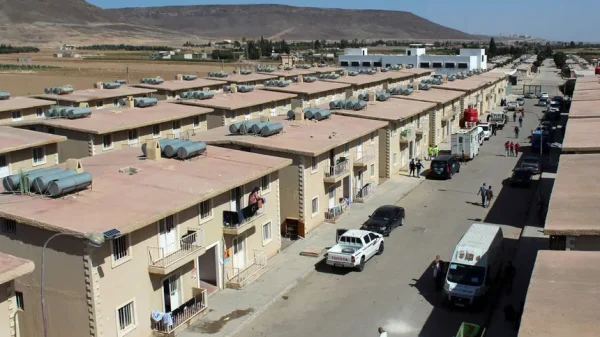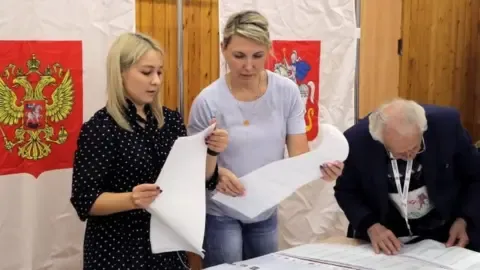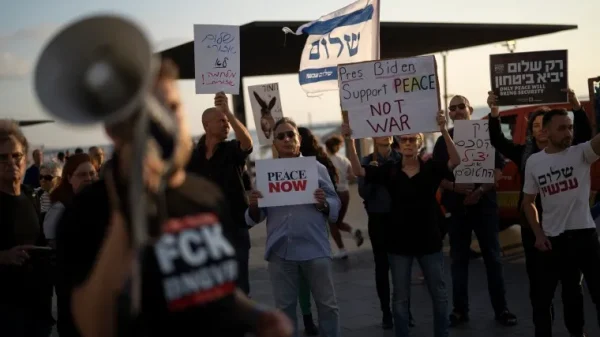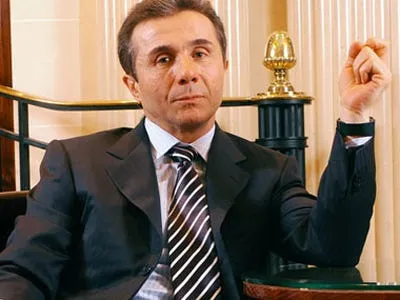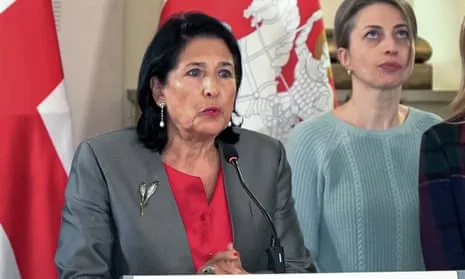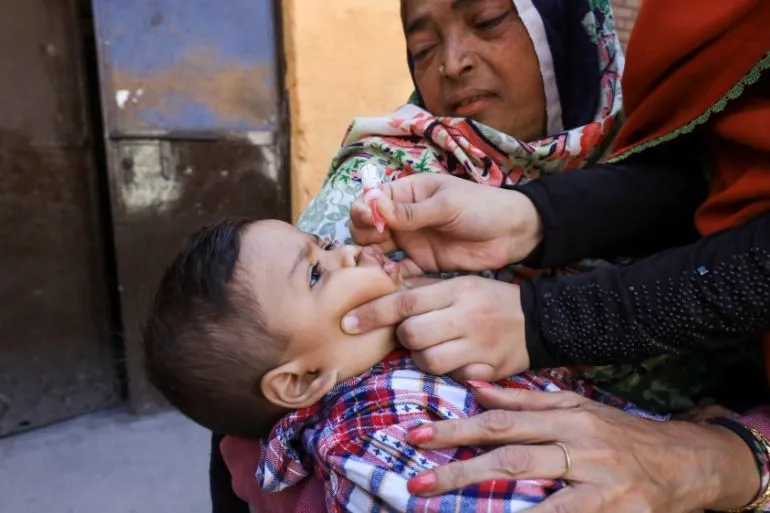In a brazen act of violence, militants attacked a health center in northwestern Pakistan, waging a shootout that left a police officer dead and three attackers killed. The assault took place in Orakzai district, a former stronghold of the Pakistani Taliban, where health workers were gathering for a door-to-door anti-polio campaign. Although no one claimed responsibility for the attack, local authorities reported that no polio worker was harmed, although another police officer was wounded.
The attack was not an isolated incident, as militants in Pakistan often target police and health workers during polio vaccination drives. These attacks are often motivated by the misconception that the vaccinations are a Western conspiracy to sterilize children. Pakistan and Afghanistan are the only two countries in the world where the spread of polio has never been stopped, and polio can cause permanent paralysis and even death in severe cases.
In response to the surge in new polio cases, Pakistan launched a nationwide polio drive on Monday to vaccinate 45 million children under the age of five. This is the third polio campaign conducted this year, with 41 cases reported across 71 districts, mainly in the southwestern Balochistan and southern Sindh provinces, as well as in Khyber Pakhtunkhwa and eastern Punjab province.
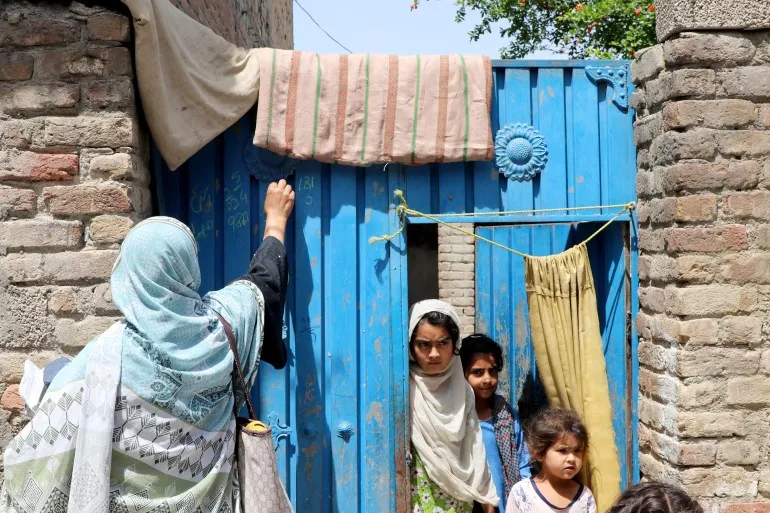
Militants Attack Health Centers in Pakistan’s Polio Campaign (Image via Getty)
Meanwhile, neighboring Afghanistan also launched a polio vaccination campaign on Monday, targeting 6.2 million children under the age of five in 16 provinces. However, militants and separatists in the country often target security forces and civilians, making it challenging to conduct vaccination drives.
In a separate incident, gunmen on Monday night fatally shot five construction workers assigned to repair a dam in Balochistan province. It was not clear who was responsible for the attack, but it highlighted the security concerns in the region.
The relentless attacks on health workers and polio vaccination drives in Pakistan have made it challenging to eradicate the disease, which could have devastating consequences for the country’s children. The government and international organizations must work together to strengthen security measures and counter the misinformation that drives these violent attacks.








